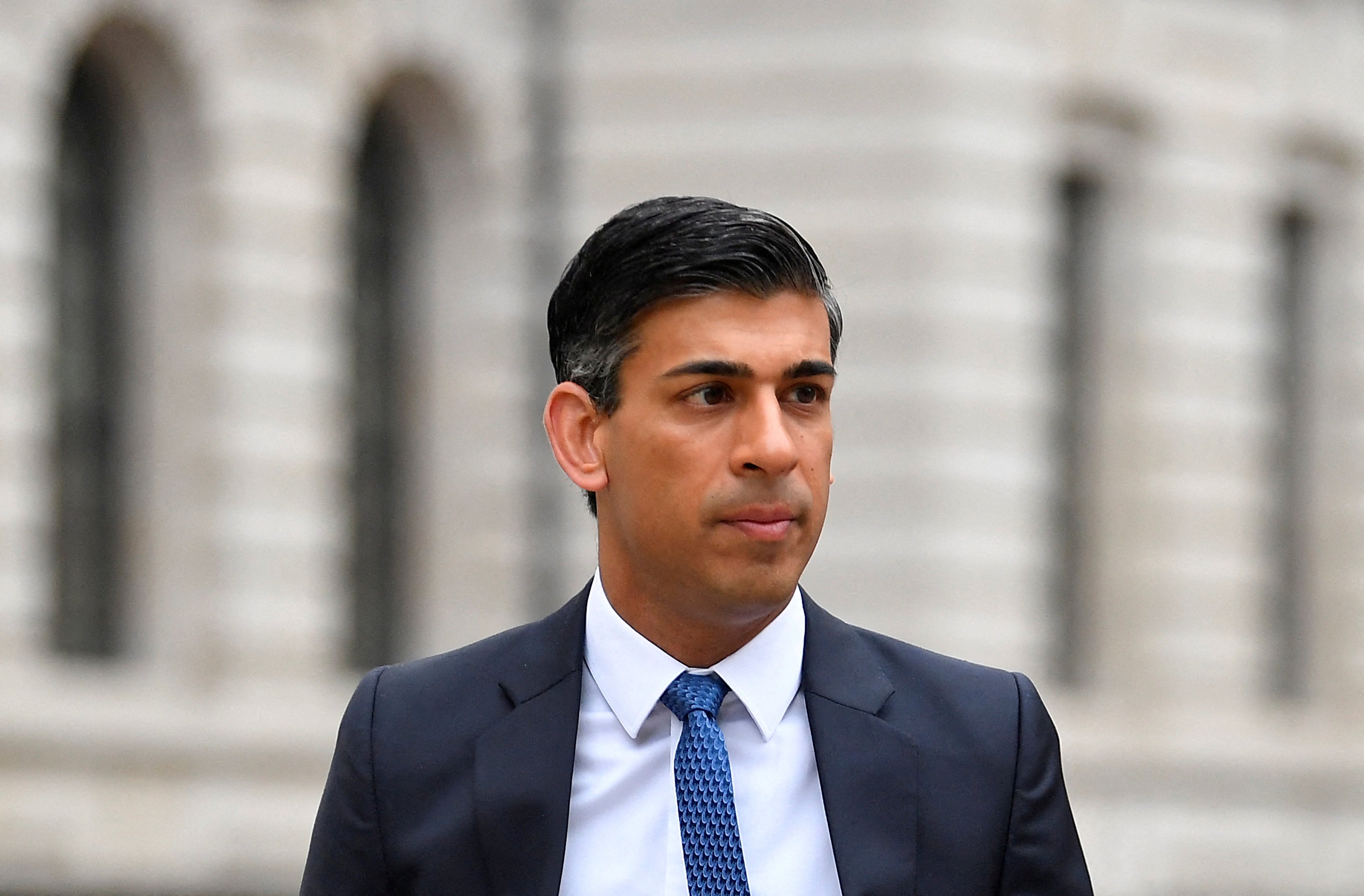The issue is not whether there should be a windfall tax – it is how best to do so
Editorial: It will be important to design the levy in such a way as to make clear that any tax on excess profits is calculated solely on the basis of the surge in energy prices

Wars are dreadful, destructive, savage things, but they also bring excess profits to enterprises that are able in one way or another to benefit from the misery.
Governments have every right to tax those excess profits and use the funds raised for the benefit of society as a whole. This is not a new idea at all. During the First World War, the UK government brought in an excess profits tax requiring companies to pay 50 per cent (later 80 per cent) of profits that were above their pre-war level.
A similar tax was introduced in the Second World War. The UK is not at war, but British companies have materially benefitted from the surge in energy prices that has resulted from the sanctions imposed by the UK government and others on Russia following its invasion of Ukraine. These are windfall gains that have not resulted from any change in normal business conditions.
So the government has both the right and the duty to claw back the funds, and use them to help support the UK citizens that have been most severely hit by the sanctions. The issue is not whether there should be a windfall levy. It is how best to do so.
The need to introduce a levy had been given more urgency by the evidence given by Jonathan Brearley, the head of the regulator, Ofgem, to MPs on the Business, Energy and Industrial Strategy committee. The chancellor, Rishi Sunak, is understood to be preparing a package of measures raising up to £10bn from electricity generators in response to the crisis. Other energy companies can expect to be included in his plans.
The companies servicing the gas and oil producers have understandably resisted this. In an open letter signed by 41 organisations, they argue that investment in energy development will be damaged. “The ramifications of any halt in investment will be felt throughout the supply chain, through jobs, and the communities this industry supports, both directly and indirectly,” the letter says.
This is a legitimate concern, so it will be important to design the levy in such a way as to make clear that any tax on excess profits is calculated solely on the basis of the surge in energy prices that can be directly ascribed to the sanctions. This is a complex issue. The oil market was already tightening before Russia invaded Ukraine. The Brent price had risen from below $70 a barrel in December to $90 a barrel on the eve of Russia’s invasion.
To keep up to speed with all the latest opinions and comment sign up to our free weekly Voices Dispatches newsletter by clicking here
Wholesale gas prices surged following the invasion, though special factors have subsequently pulled the price right back. As for electricity, that too has been affected. But the different mix of sources for generating power across the industry means that some companies have been more severely affected than others. There have been windfall gainers, but also losers too.
But if the principle is clear – that a windfall levy should be imposed on excess profits that can be directly attributed to sanctions – then it should be possible to construct a mechanism that is fair to the enterprises affected and seen to be fair as well. This is not a journey into the unknown, for we have experience of windfall levies in the past to guide us. The question then will be how to distribute the funds that have been raised.
That too has to be fair and seen to be fair. Governments cannot completely protect everyone from rising energy costs, individuals and companies alike. Prices were climbing already. However, the warning from Jonathan Brearley that the energy price cap is expected to climb from £1,971 to £2,800 a year in October gives an urgency and a deadline to the situation.
There will be some weeks to consider how best to help the people most savagely hit by rising energy prices. But the chancellor should press on with raising the levy right away.



Join our commenting forum
Join thought-provoking conversations, follow other Independent readers and see their replies
Comments